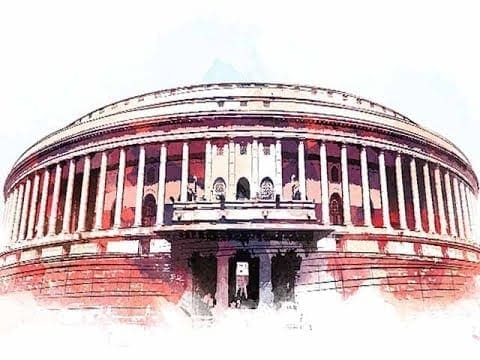
India is the world’s largest democracy. It also faces an imminent threat.
Contrary to what politicians and experts may want us to believe, our democracy’s biggest threat does not come from a “foreign hand” or an “unholy alliance” or even from corruption. It comes from the masses opinion of government. Hardly a day goes by without mention of the upcoming General Elections which is touted to be the most important in the history of the country and a battle for the very soul of our great nation.
I disagree. While the union government is the largest and most powerful form of government in our country, the power it possesses is grossly exaggerated. India follows a federal structure which grants smaller units autonomy in most matters over the union. In simpler terms, your local government determines how you live. What perplexes me here is that voter apathy seems to be inversely proportional to the size of the government and this is the crisis that faces our democracy.
Our Prime Minister does not have enough power to single-handedly eradicate poverty, he may have control over the economic policy of our country but poverty alleviation is determined more by welfare schemes run by smaller governments. Similarly, our Prime Minister doesn’t have the power to clean the nation, that work is in the hands of individual municipal corporations and councils elected by the people. At the end of the day, all that the union government can do is enable smaller governments to better the lives of their citizens.
Further, I will argue that even branding the upcoming General Elections as the “Largest in the world” is a mistake. While it certainly gives our country bragging rights on the global stage, it misleads the very people who will be voting in these elections. This branding makes it seem as if the country is uniting to elect the Head of Government or the Head of State when in fact the election is a collection of individual small local elections where citizens elect individuals to represent their interests at the national level.
The bigger picture seems to have a distracting effect on voters. While choosing for the country they seem to disregard their personal beliefs and agendas. Many local leaders and parties suffer because of this mindset despite being more qualified than some Babu from Delhi to represent the will of the people. The interests of the people of a country as diverse as ours cannot possibly be represented by 2 major political parties. The Eastern belt of India from West Bengal to Tamil Nadu has proven resilient to national politics and have voted for regional interests and should serve as an example for the rest of the country.
With current methods of advertising and data analytics, it is becoming increasingly easy for political parties to target us individually and Indian voters have historically been swayed easily in elections (check Delhi 2015). If national parties are able to polarise the nation effectively to present a binary choice in the elections, then the spirit of our country and with it our democracy will cease to exist.

Be the first to comment